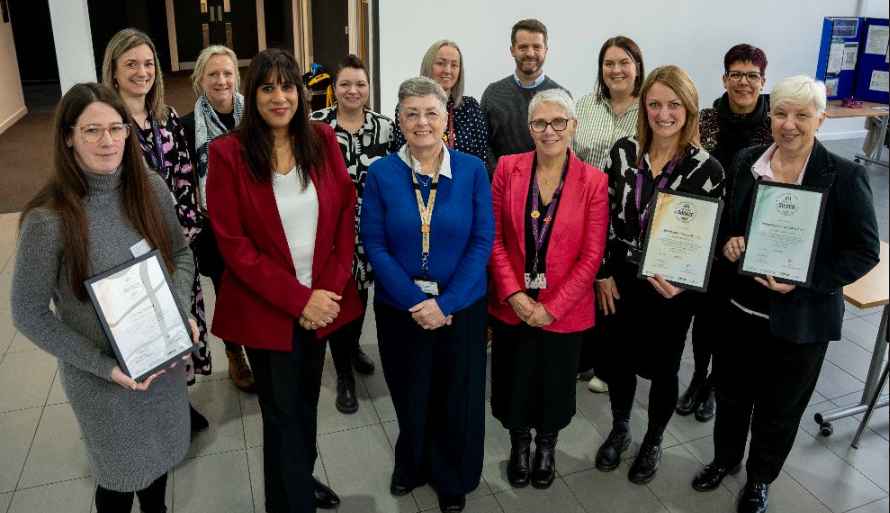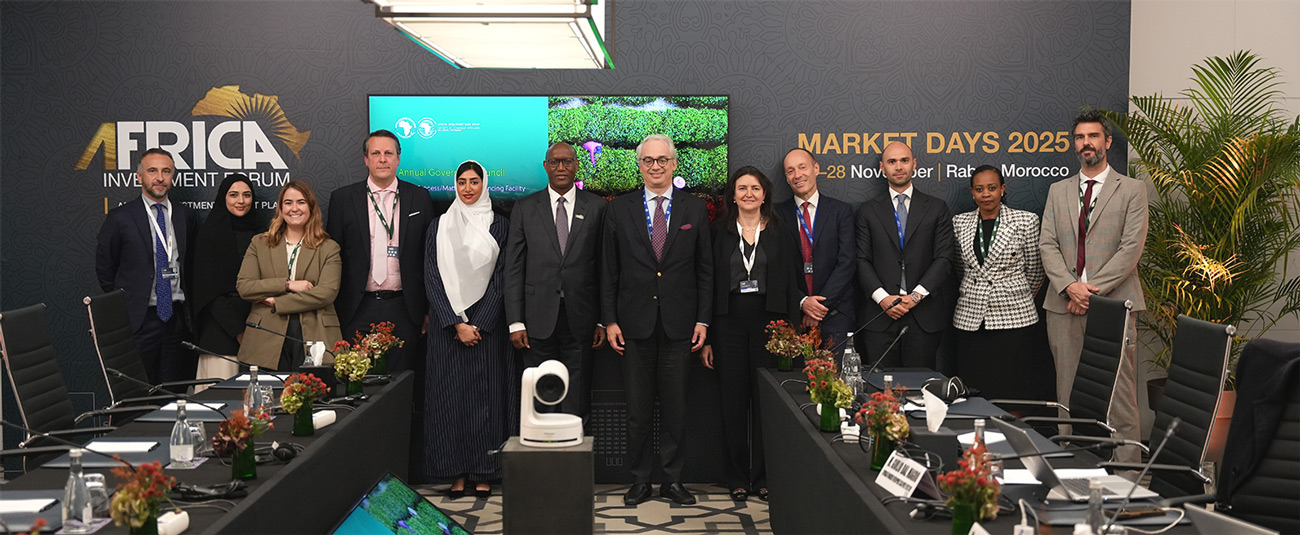The latest plans by the University of Wolverhampton to transform a derelict brewery into a £100m education hub for construction and the built environment have been given the green light. The University submitted planning applications for the next phase of redevelopment at the former Springfield Brewery site in Wolverhampton during the summer, which included the creation of a new School of Architecture and Built Environment at the site alongside the hub for the Elite Centre for Manufacturing Skills.
City of Wolverhampton Council has now approved the plans meaning the next phase of the redevelopment of the 12 acre brownfield site near Wolverhampton City Centre can move forwards. The two new developments will sit alongside the West Midlands Construction University Technical College, which is due to open its doors soon.
Once all three are open by September 2018, it will create a hub in construction, built environment and high value manufacturing education offering skills, training and qualifications for 14-year-olds all the way up to senior professionals.
The plans for the University’s School of Architecture and the Built Environment form the largest phase of the redevelopment and will provide undergraduate, postgraduate, research and professional development courses.
When completed in 2018, it will provide space initially for nearly 800 students and 50 staff, with the number of students projected to rise to more than 1,200. The plans include the demolition of a number of existing buildings which have fallen into disrepair, redeveloping and refurbishing others, as well as creating a new building.
The ambitious project, designed by Atkins, will provide 8,100 square metres of space to create an atrium, open plan design studios, lab and workshop space, research space, lecture theatres, classrooms, social learning space, student services, catering and café facilities and administrative support. The historic outer brick façade on Grimstone Street and Cambridge Street will be retained and the area landscaped. Old and new buildings will be linked by a glazed link.
The ECMS Hub, which has been supported by £7.6m from the Black Country Local Enterprise Partnership’s Growth Deal, will function as an employer-led training facility for the region, designed to improve productivity and growth in the high value manufacturing (HVM) sector. The plans involve an L-shaped brick building which was constructed in the early 1880s and originally used as the brewery’s stables.
The design aims to deliver high quality spaces for the provision of training, teaching and demonstration, and also includes welfare facilities and administrative offices associated with the operation of the centre.
University of Wolverhampton Vice-Chancellor, Professor Geoff Layer, said: “The vision for the Springfield Campus is to make it into a world leading hub for construction and the built environment. It is an integral part of our strategic investment, as well as acting as central part of our efforts to support economic growth and regeneration plans for Wolverhampton and the Black Country.
“It is a project that has people in the University, our partners and the industry itself, tremendously excited with the potential it has. It will go some way to start addressing the skills gap in a sector which has a big shortfall in the right people with the right skills to design, create and build new homes, offices and infrastructure that are needed in the UK over the next 20 years.
“Springfield will provide a unique setting with the latest cutting edge technology to ensure a collaborative research environment, innovative teaching and cross-working with businesses to make it the place where the workforce to tomorrow will be formed.”
Councillor John Reynolds, Cabinet Member for City Economy, said: “It is wonderful to see the former Springfield Brewery site growing into the reality of a European-leading Built Environment education campus in Wolverhampton. This historic site, which has been vacant for over a quarter of a century, is being brought back to life by the university.
“Multi-billion pound regeneration is changing the face of our city and creating a wealth of attractive investment opportunities. Impressive strides have already been made in Wolverhampton and several other high-profile multi-million pound developments are taking place at the Mander Centre, Civic Halls, railway station and on Westside.
“There is also no doubt the UTC, Elite Centre for Manufacturing Skills (ECMS), and the relocated School of Architecture and Built Environment will help raise the bar when it comes to skills and employment in the city.”
Atkins’ lead architect Helen Newman, said: "Working closely with the University and the local planning department, we’ve created a design that will retain, protect and celebrate the existing buildings, whilst clearly expressing the new, modern interventions. The external spaces of the former brewery will be brought to life, transforming into a vibrant, central shared courtyard space for all of the partner hubs."
The WMCUTC, which the University sponsors along with the Construction Industry Training Board, will provide education for up to 600 14-19-year-olds specialising in construction and the application of IT in the built environment, preparing students for technical careers in the construction industry.
The University of Wolverhampton bought the site in 2014. Between 1873 and 1991 it operated as a brewery owned by Mitchells and Butlers.
















